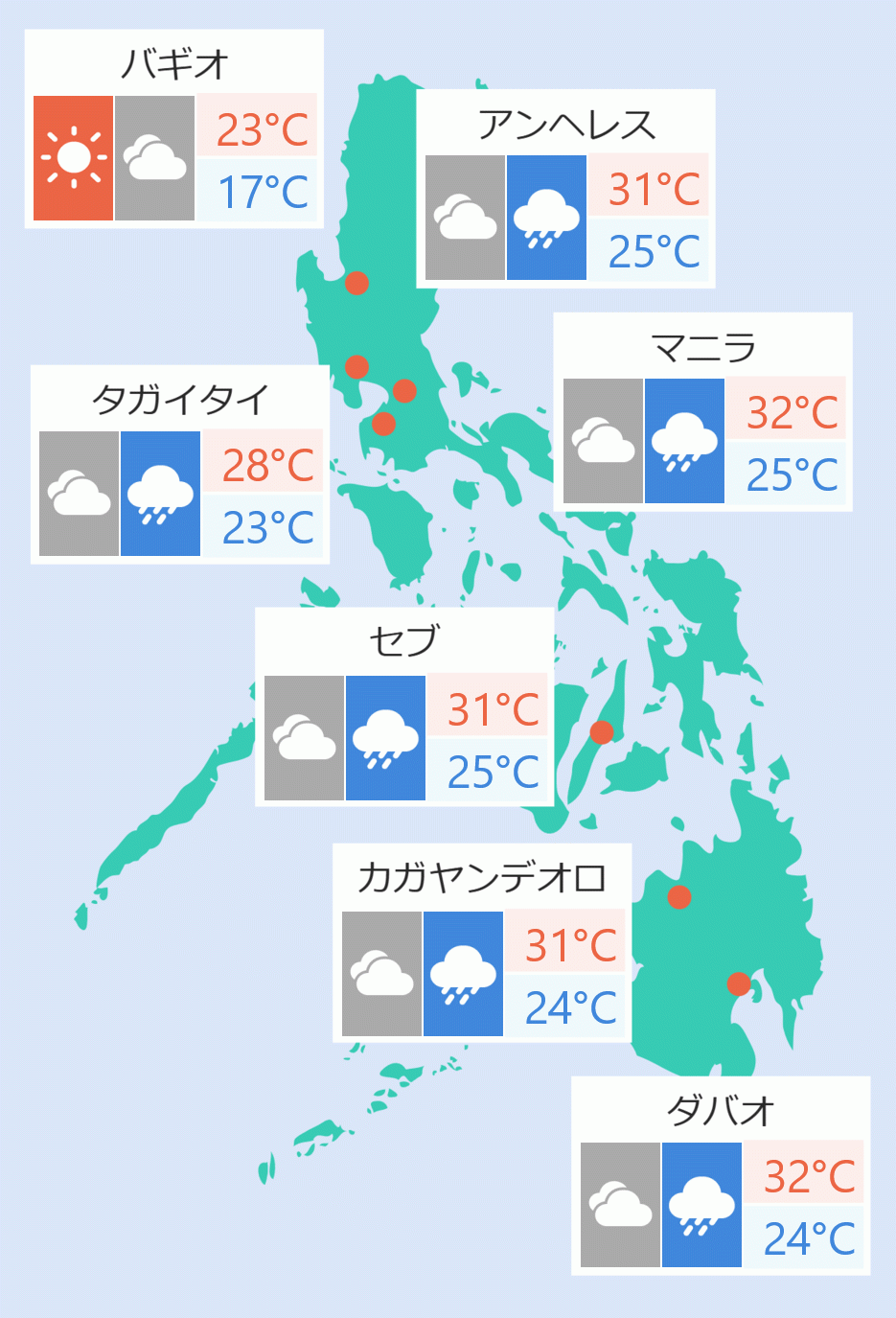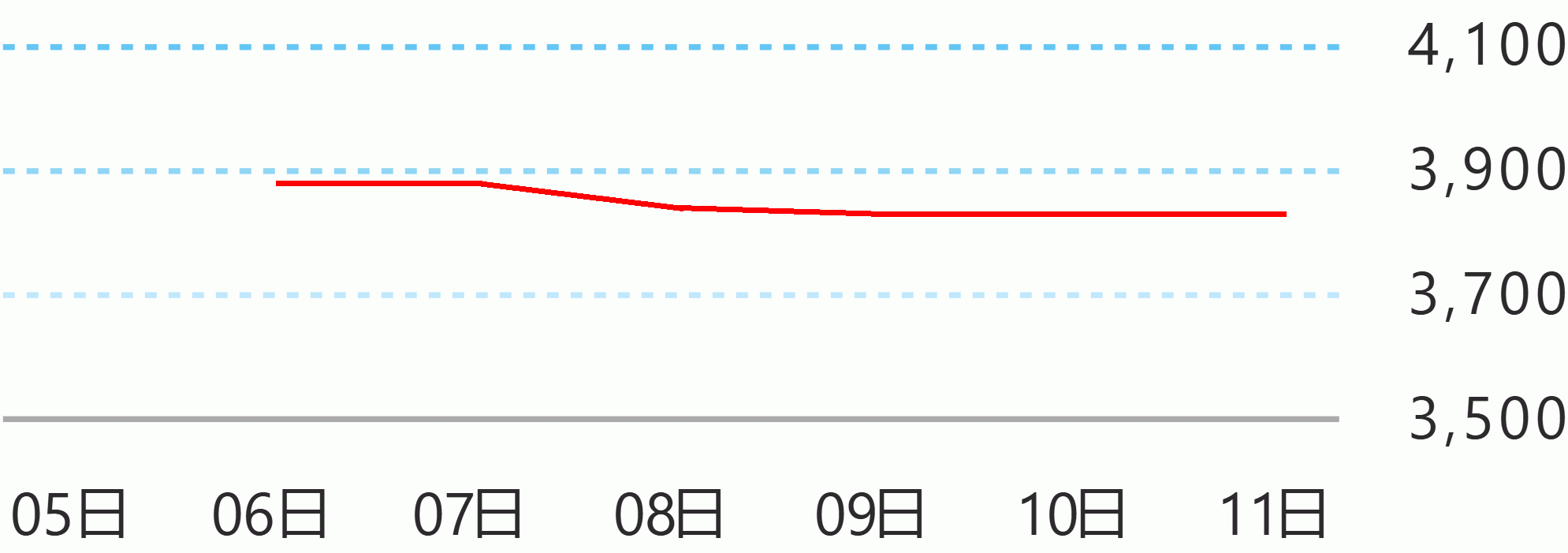President Rodrigo Duterte is not blaming anyone for the delay in the rollout of COVID-19 vaccination program in the country, an official said on Tuesday.
Cabinet Secretary Karlo Nograles said Duterte understands that the Philippines is at the "receiving end" of COVID-19 vaccines from various manufacturers.
"As much as we want to and as practicable as possible, we are doing everything needed based on the requirements being asked of us. But at the end of the day, it's really the vaccine manufacturer's obligation, responsibility to ship it to us at time that was promised," he said in a virtual presser.
"But as far as we are concerned, we are doing everything to comply. But we are at the receiving end," he added.
The government initially targeted to rollout the COVID-19 immunization program by mid-February as it expected the arrival of Pfizer and AstraZeneca vaccines under the World Health Organization-COVAX Facility.
But this did not materialize, as officials cited the need to sign first an indemnification agreement, which the government did. But up to now, there was no assurance when the vaccines from COVAX will be delivered in the country.
Later, Presidential Spokesperson Harry Roque had said that Sinovac vaccine from China would arrive February 23. But the Food and Drug Administration only announced on Monday, February 22, the approval of the emergency use authorization for Sinovac COVID-19 vaccine.
According to Nograles, the counterparts in China promised that "within three to five days" they can deliver the vaccine after the FDA approval of the EUA, "barring any unforeseen circumstances."
"That's why, we are still hoping that within the month of February (Sinovac vaccine will arrive), if not, possibly the first week of March," he said.
While waiting for the shipment to arrive, he said the National Immunization Technical Advisory Group continues to work in terms of the COVID-19 vaccination priority list.
While the FDA granted Sinovac COVID-19 vaccine an EUA, the agency advised that the Chinese vaccine could only be used to healthy individuals aged 18 to 59, and not to senior citizens like President Rodrigo Duterte and healthcare workers due to low efficacy rate, which is 50.4 percent.
Meanwhile, on Duterte's decision not to place the entire country under modified general community quarantine until such time that there is vaccination rollout, Nograles said the President "is just asking for a little more time because, again, the step-by-step process for him is vaccination rollout first."
He said once Duterte sees the start of the inoculation program, "at any given point in time, the President may also make a decision with regard to MGCQ for the entire country."
Nograles said all the Cabinet members, including the economic team, are 100 percent supportive of Duterte's decision to defer the nationwide imposition of MGCQ, the least restrictive quarantine classification.
National Economic Development Authority acting Director General Karl Kendrick Chua as well as the other members of the economic team earlier proposed placing of the country under MGCQ to further open up the economy and address rising hunger problem among the Filipinos. Celerina Monte/DMS





 English
English










